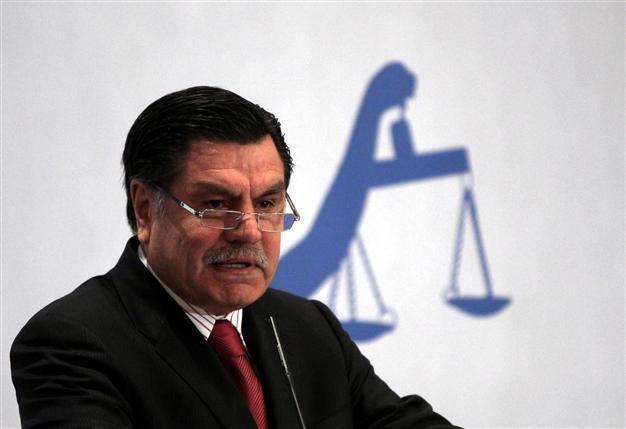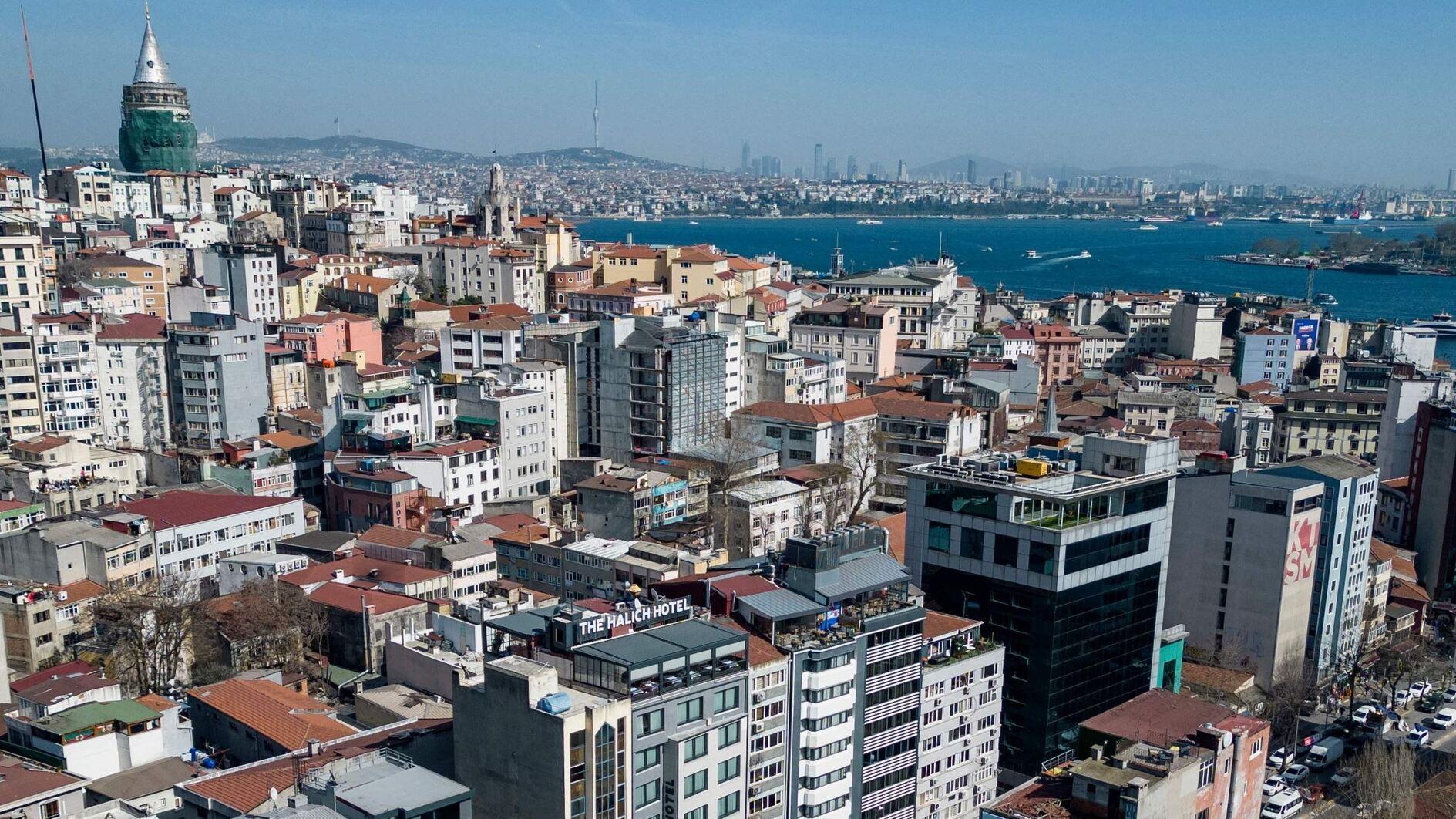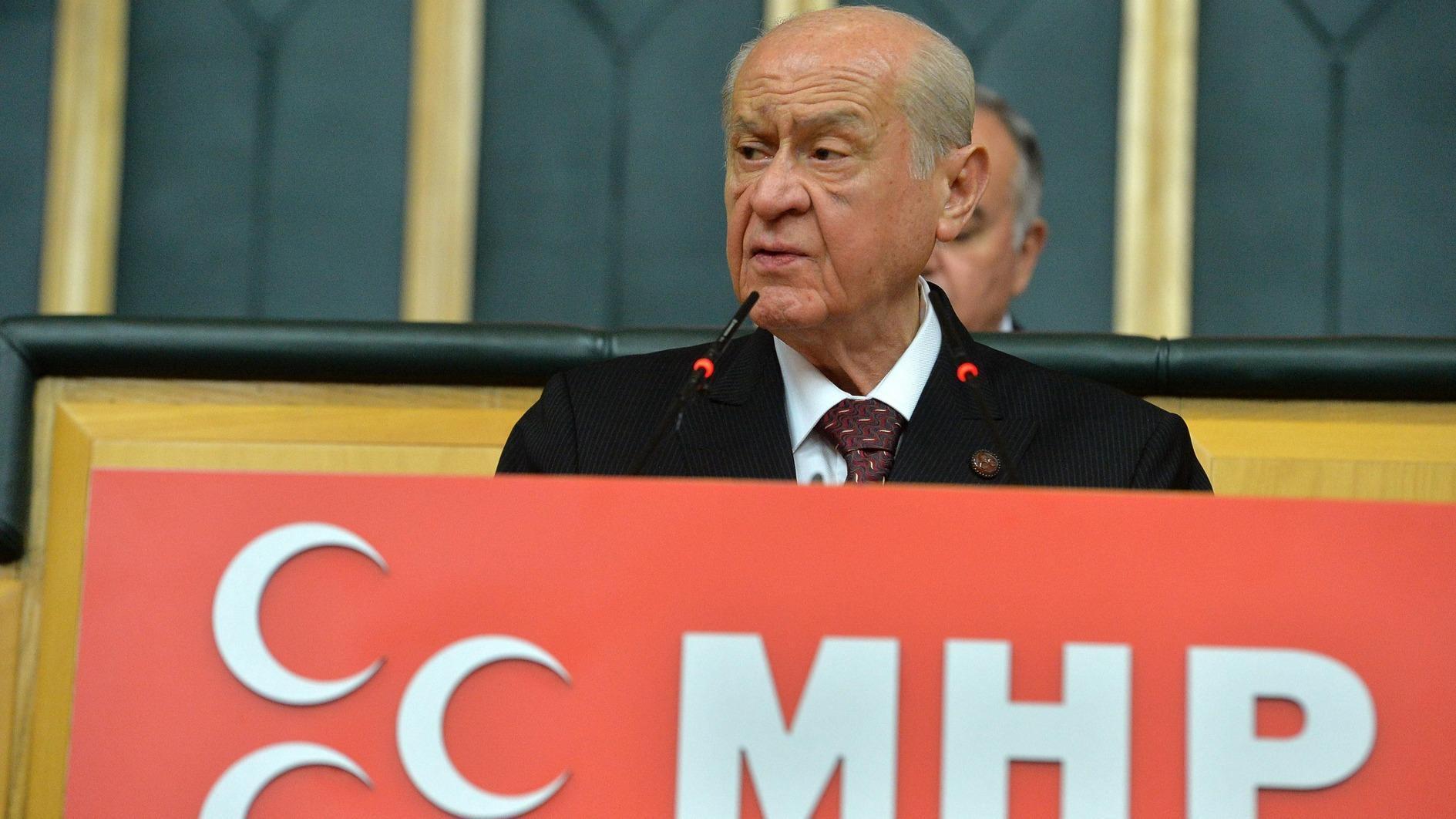Turkey’s top judge says judiciary is not ‘a castle to conquer’
ANKARA

Haşim Kılıç deplored that 'blacklisting' has become a common practice.
The judiciary is not a castle to conquer and it needs to be left in peace, a top judge has said, also warning that charging people without information or documents would amount to “blacklisting.”“The judiciary has always been considered a castle that needs to be conquered. If you regard the judiciary this way, we cannot put an end to these problems within the judiciary. The judiciary should not be considered a castle that needs to be conquered. The judiciary should be left in peace, so it is given the opportunity to correct mistakes within itself,” Constitutional Court President Haşim Kılıç told reporters late Sept. 1
Kılıç noted that both the Constitutional Court and other institutions had received many petitions without any signatures, mainly aiming to “denounce” their colleagues by claiming they belong to a certain group.
“Blacklisting is happening,” he said, speaking at a reception hosted at Parliament to mark the opening of the new judicial year for 2014-2015. “And with these blacklists, the head of the institution, the superior is asked to resolve this. In my opinion, this is exceptionally wrong and unacceptable behavior. If there is something like that, information and documents related to it should be put forward.”
A state within a state is not acceptable, but if any illegitimate organization exists it should be documented, Kılıç added.
“In my opinion, it is never possible to accept such a structure,” Kılıç said when asked whether he thought “a clique related to the parallel structure has been taking over certain networks within the judiciary.”
“There is no doubt that any person who has reason can accept a structure other than the state. However, documents and information should definitely be gathered for this [claim]. Very serious mistakes are made by charging people without documents and information,” Kılıç said.
It was President Recep Tayyip Erdoğan who used the term “clique” within the context of the judiciary when he released a written statement earlier Sept. 1 on the occasion of the new judicial year for 2014-2015.
“As important as having an independent judiciary is, even more important is the impartiality of the judiciary, judicial institutions and members of the judiciary. When political, ideological and clique-based interests become sovereign within the judiciary, then it’s obvious that justice will not be served,” Erdoğan said, referring to followers of the U.S.-based Islamic scholar Fethullah Gülen, who are believed to hold positions in the judiciary and police departments.
His remarks came at a time when government officials have strongly hinted that the upcoming elections at the Supreme Council of Judges and Prosecutors (HSYK) should be included within the framework of the struggle against the “parallel state.” In February, a government-led law transferred significant powers from the HSYK to the Justice Ministry.
Earlier on Sept. 1, speaking at a traditional ceremony marking the opening of the new judicial year, President Ali Alkan of the Supreme Court of Appeals complained of political interference in the judiciary.
“Recently, amendments made in the Law on the Supreme Court of Appeals and the HSYK, as well as attempts to interfere with the judiciary, have the tendency to increase problems, rather than resolve them,” Alkan said at the ceremony that was not attended by either Erdoğan or Prime Minister Ahmet Davutoğlu, in contradiction with the customs of the state.
The government considers the Oct. 12 vote at the HSYK an opportunity to attempt to curb Gülen’s influence. Turkey’s 15,000 judges and prosecutors will choose 10 principal members and six reserve members from the HSYK board.
















